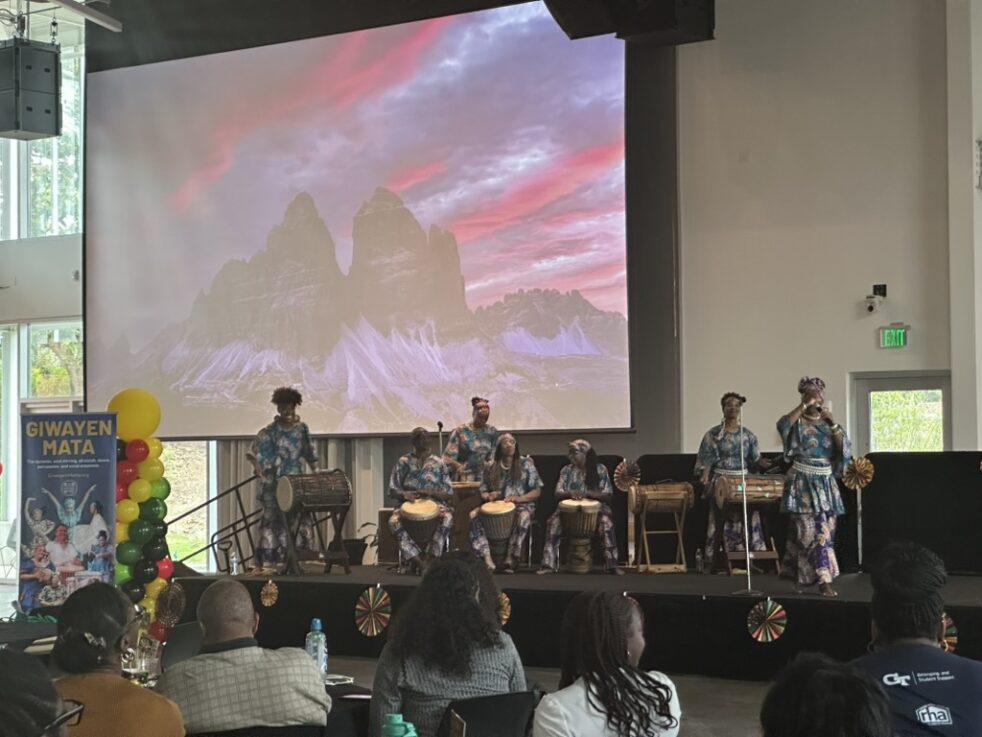Last Thursday, the campus closed its doors and classes were not held in recognition of Juneteenth, a significant national holiday that many members of the African-American community celebrate, but many American citizens had never heard of until recently. Former President Joe Biden signed a bill that declared Juneteenth a federal holiday on June 17, 2021, formally recognizing the holiday’s legacy, which extends hundreds of years before it was officially recognized.
While some people may be unfamiliar with Juneteenth, most are familiar with the Emancipation Proclamation. On January 1, 1863, President Abraham Lincoln signed the Emancipation Proclamation, which declared the immediate freedom of enslaved people in the rebellious Southern states. Interestingly, the proclamations purpose was to end slavery only in areas that were not under President Lincoln’s control: the Confederate States. As a result, the Emancipation Proclamation made slavery illegal, but it did not immediately free enslaved people in Southern states until the Union was able to gain control of the area.
In those days, important news was spread by conveying messages between military troops. Yet, there were certain areas where military presence was low, and, thus, communication was slow and scarce. Texas was one such place, regarded by many slave-owning Americans as a “safe haven” to flee from Union troops and still maintain their “property” even after the Emancipation Proclamation was signed.
It was not until June 19, 1865, in Galveston, Texas, that the message was finally relayed by General Gordon Granger. On that day, over 250,000 enslaved people were freed in Texas, marking the true beginning of African-American freedom in the United States. Years later, June 19 was celebrated as “Jubilee Day,” which has since become Juneteenth.
Though it only recently became a federal holiday, Texas recognized it as a state holiday as early as 1979, and Black people have been celebrating for over 100 years. It is a day when people come together to remember their heritage and to educate and encourage future generations to hold onto their roots.
Most Juneteenth traditions revolve around music, food and faith, all of which have deep cultural significance for members of the African diaspora. Common foods include barbecued meats, strawberries, watermelon and soul food. Watermelon is especially important as it was one of the few crops newly freed enslaved people could afford to plant and make a profit from. The music and faith practices featured in past Juneteenth traditions were inspired by West African culture and traditions that developed during the enslavement era. In modern celebrations, music and faith are more focused on building community and maintaining connections to the past.
